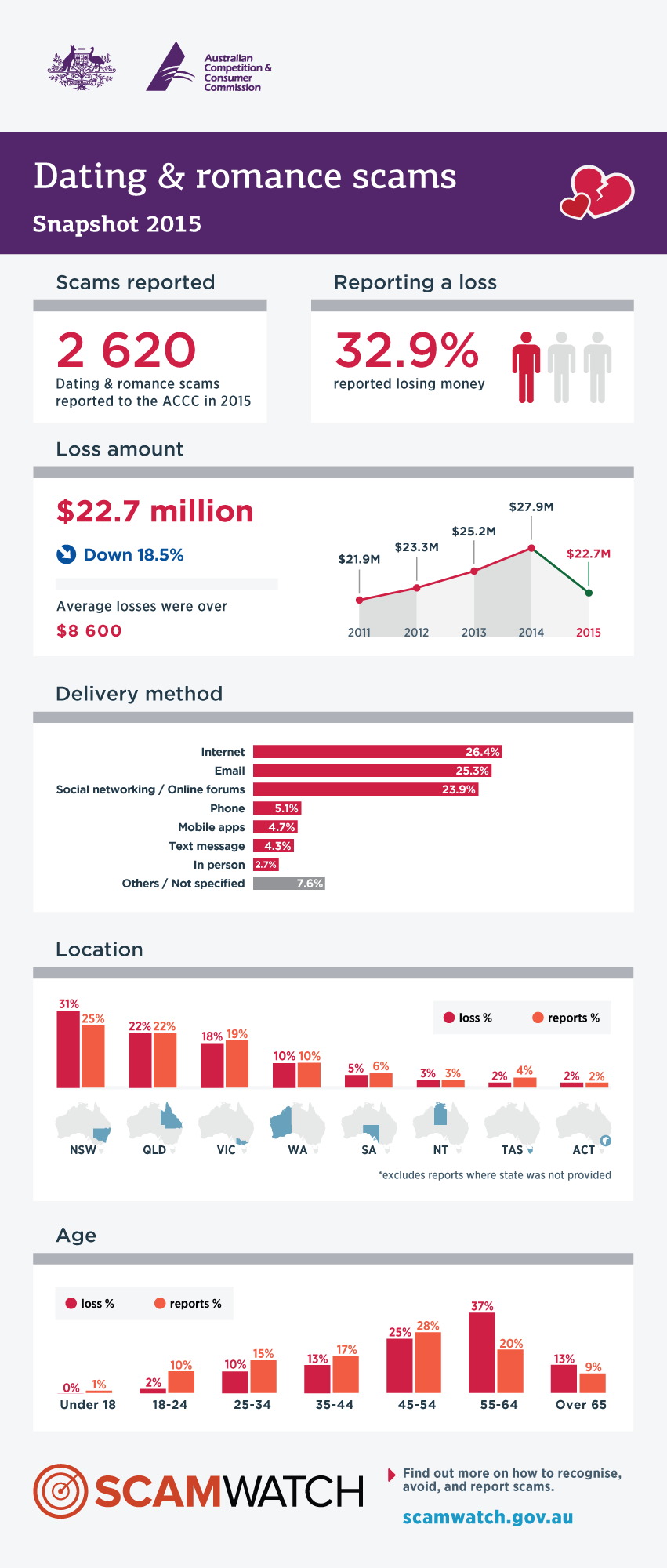
Social media and dating scams have become increasingly prevalent in today’s digital age. These scams can take various forms, from fake profiles to romance scams to phishing schemes. As such, it is essential to be aware of these scams and take steps to protect yourself from falling victim to them. In this article, we will examine the different types of social media and dating scams, provide tips for preventing them, and discuss how to report them.
Types of Social Media and Dating Scams
- Catfishing scams: Scammers create fake profiles on social media and dating sites using stolen photos and information to trick people into sending them money or providing personal information.
- Romance scams: Scammers create fake relationships with victims to gain their trust and then ask for money under false pretenses. The scammers will often pose as someone looking for love and affection, using emotional manipulation to convince their victims to send them money.
- Investment scams: Scammers use social media to promote fake investment opportunities, promising high returns for low risk. They may ask for personal information or investment funds, which they then steal.
- Lottery scams: Scammers use social media to pose as lottery officials, claiming that the victim has won a large sum of money. They will then ask for personal information or fees to claim the prize, which they then steal.
- Phishing scams: Scammers use fake links or messages to trick victims into giving out personal information, such as passwords and credit card numbers. They may send messages that appear to be from legitimate sources, such as social media or dating sites, asking for personal information.
- Tech support scams: Scammers pose as technical support personnel and contact victims, claiming to have detected a problem with their computer. They will ask the victim to provide remote access to their computer, which they then use to steal personal information or install malware.
- Identity theft scams: Scammers use social media to gather personal information about their victims, which they then use to steal their identities. They may use this information to open credit accounts, apply for loans, or make fraudulent purchases.
- Employment scams: Scammers use social media to pose as recruiters or employers, offering fake job opportunities. They may ask for personal information or fees to apply for the job, which they then steal.
- Charity scams: Scammers use social media to solicit donations for fake charities or disaster relief efforts. They may use emotional appeals to convince victims to donate, but then steal the funds for themselves.
- Travel scams: Scammers use social media to offer fake travel packages or vacation rentals. They may ask for payment in advance, but then disappear with the funds and leave the victim with nothing.
It is essential to be aware of these types of scams and take steps to protect yourself from falling victim to them. Always be cautious when interacting with people online and never provide personal information or send money to someone you have met online, unless you are sure you can trust them.
Tips for Prevention
- Be wary of unsolicited messages – If you receive a message from someone you don’t know, be cautious about responding or clicking on any links they provide. Be especially cautious if the message appears too good to be true, as scammers often use flattery and charm to gain their victims’ trust.
- Verify profiles – Take the time to research the profile of anyone you meet online. Check that their photos and information match up and look for evidence of suspicious behavior. You can often do a reverse image search on Google to see if the photos used in the profile have been used elsewhere online.
- Don’t send money – Never send money to someone you have met online, even if you feel you have developed a relationship with them. Scammers often use emotional manipulation to convince their victims to send them money, but it is essential to be cautious and avoid sending money unless you are sure you can trust the person.
- Use privacy settings – Adjust your social media and dating site privacy settings to limit the amount of personal information you share online. Be cautious about sharing personal information, such as your address or phone number, with people you meet online.
- Use strong passwords – Use strong, unique passwords for all your online accounts and avoid using the same password across multiple platforms. This can help prevent scammers from gaining access to your accounts and stealing your personal information.
Reporting Scams
If you suspect you have been the victim of a social media or dating scam, take action immediately. Here are some steps you can take:
- Report the scammer – Most social media and dating sites have a reporting feature that allows you to flag suspicious behavior. Report any suspicious messages or profiles to the site’s administrators and block the person from contacting you.
- Contact your bank – If you have sent money to a scammer, contact your bank or credit card company and report the fraud. They may be able to help you recover your funds and prevent further fraudulent activity.
- File a complaint – You can file a complaint with the Federal Trade Commission (FTC) or the Internet Crime Complaint Center (IC3). These organizations can investigate the scam and help prevent others from falling victim to the same scheme.
Final Thoughts
Social media and dating scams can be devastating, both financially and emotionally. By taking steps to protect yourself and reporting any suspicious behavior, you can help prevent these scams from happening to you and others. Remember to be cautious when interacting with people online and always err on the side of caution when it comes to sharing personal information or sending money. If you have any doubts about someone you have met online, it is better to be safe than sorry.











Be the first to comment